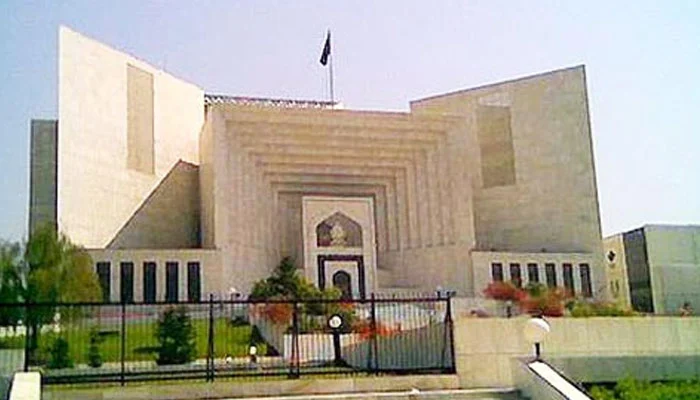In a significant development in Pakistan’s legal landscape, an Additional Registrar has approached the Supreme Court challenging a contempt notice that was issued against him. The case has raised important legal questions about the scope and enforcement of contempt of court laws, as well as the authority of the court in such matters.
The Background of the Contempt Notice
The contempt notice was issued in relation to alleged violations of the Supreme Court’s orders. According to the legal documents, the Additional Registrar was accused of not complying with specific instructions issued by the court. This non-compliance led to the issuance of a contempt notice, a serious legal action typically taken against individuals who disobey court orders or show disrespect to judicial authority.
However, the Additional Registrar has now filed a legal petition contesting the contempt notice, arguing that the action taken was unwarranted. This move has sparked significant attention, as it challenges the court’s authority and the procedural aspects of contempt proceedings.
Legal Implications of the Challenge
The challenge against the contempt notice could have far-reaching implications for Pakistan’s legal system. Contempt of court laws are designed to ensure the authority and dignity of the judiciary are upheld, but the case raises important questions about the extent to which these laws should be enforced. The Additional Registrar’s legal team argues that the notice was issued without proper grounds and that the case involves complex legal issues that need thorough examination.
Legal experts have noted that this case could set a precedent for how contempt of court cases are handled in the future. The Supreme Court will now have to consider whether the legal challenge is valid or if the contempt notice should stand. The outcome of this case could influence how future contempt cases are approached by the judiciary.
The Role of the Additional Registrar in Court Procedures
The Additional Registrar holds a critical role in court procedures, overseeing various administrative functions within the legal system. Given the importance of this position, the legal community is watching the case closely to understand its potential impact on the functioning of the judiciary. If the contempt notice is upheld, it could create a ripple effect throughout the legal system, affecting the way court staff interact with judicial orders.
On the other hand, if the challenge is successful, it could raise questions about the limits of judicial power, particularly in administrative matters. The case is thus not just about one individual, but about the broader relationship between the judiciary and its staff.
Potential Impact on Future Court Orders
The legal challenge is likely to spark a broader debate on the enforcement of court orders and the authority of judges. In Pakistan, as in many other countries, the power of the judiciary is closely linked to the effective enforcement of its decisions. The outcome of this case will be closely scrutinized by legal professionals, scholars, and policymakers, as it could reshape how contempt of court proceedings are handled in the future.
Conclusion: A Case to Watch
This challenge against the contempt notice issued to the Additional Registrar is a developing case that will likely have lasting implications for Pakistan’s legal system. As it progresses through the Supreme Court, all eyes will be on the judiciary to see how it navigates the complex legal questions raised by this case. Whether the contempt notice is upheld or overturned, the case is sure to contribute to the ongoing dialogue about the balance of power between Pakistan’s courts and the individuals who serve within the judicial system.



Comments (0)
No comments yet. Be the first to comment!
Leave a Comment